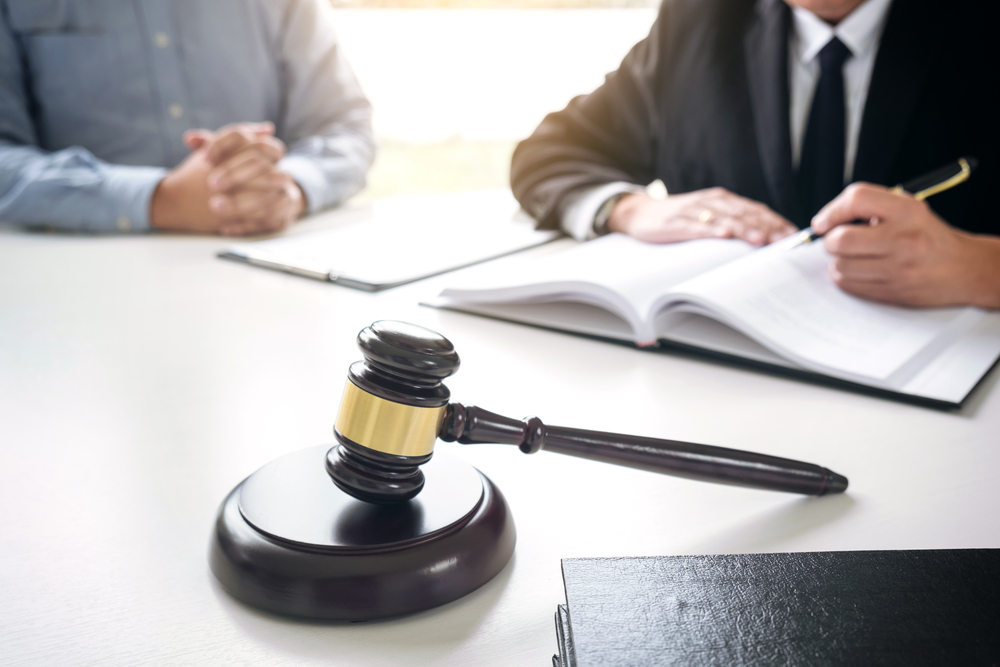
A court deposition is an out-of-court testimony given under oath. Whether you are a rookie or veteran in court processes, you must acquaint yourself with several legal terms used during depositions.
Understanding these legal terms can help you know your responsibilities and comprehend the direction of your case. It can aid you to discern what’s going to happen.
Here are the most common legal terms used during court depositions:
Perjury
Perjury is a legal term you will hear at the beginning of the deposition process. The word refers to breaking an oath or telling a lie during your testimony.
As you might know, all court processes start with taking an oath. A designated deposition official will ask you to raise your right hand and take an oath that what you are about to testify is true and accurate.
Intentionally providing false or misleading information under oath is perjury, which could attract a hefty fine or land you in prison.
Objections
Objections often crop up during court depositions. For example, your attorney will call out “objection” if the opposing counsel asks a leading or irrelevant question to derail you from providing an accurate testimony.
The primary goal is to give your attorney time to review the question. Ensure you ask your attorney whether or not you should answer the query after an objection.
Stipulations
Stipulations are the ground rules set by the opposing attorneys during court depositions. They are essentially an agreement that defines what can or cannot be done during the deposition.
The essence of stipulations is to ensure a smooth and seamless deposition process. For instance, the attorneys may agree to reserve all objections until later during the trial. Nevertheless, an attorney has the right to have an objection ruled by a judge before the lawsuit begins.
Errata
Expect to receive a copy of your testimony transcript a few days after the deposition. This procedure aims to ensure that the information therein is true and accurate.
Ideally, you must carefully go through all the questions and answers to verify and identify any mistakes. Then, your attorney will send you an errata sheet that you will use to list all errors detected in the transcript.
You can also correct your testimony if the court reporter or stenographer erred during the deposition. However, you can only list all corrections on the errata sheet rather than on the copy of the transcript. For instance, if you had an auto accident along I-295, but the court reporter wrote I-95, you can request a correction.
You have 30 days to complete the errata sheet. Ensure you sign and date the errata sheet before sending it back to your attorney.
Looking for a certified court reporter in New Jersey? Call us today.
